Today, the European Commission published two joint reports on fraudulent practices in imports of honey into the EU. According to investigations, 46% of the collected samples were suspected of being adulterated with added syrups. This dramatic situation has been denounced by Copa and Cogeca for years now. Yet solutions are known and unanimously supported by the sector: it is high time for the EU to act!
Thanks to joint work by DG Sante, JRC and OLAF, the Commission has quantified an alarming reality: of the 320 samples received from competent national authorities, 147 (46%) were suspected of non-compliance with the requirements of the EU Honey Directive. Almost 74% of the Chinese, 93% of the Turkish and 100% of the British honey samples were considered “suspicious”!
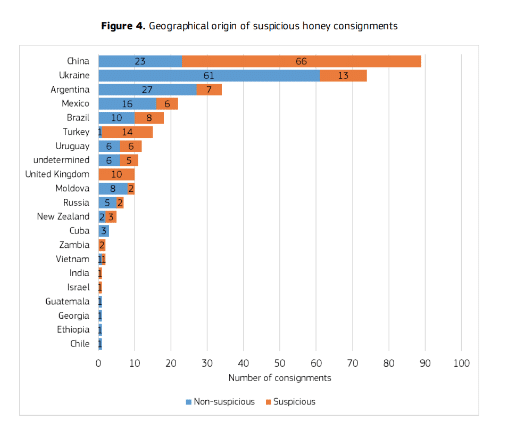
Commenting on the JRC’s report, Stanislav Jaš, Chairman of the Copa and Cogeca Honey Working Party said, “The survey clearly shows where problems come from. If almost every second honey product imported into the European Union is adulterated, this means that 20% of all “honey” consumed in the EU is adulterated! If we throw into the mix the fact that “fake honeys” are entering the EU at a cost as low as 1,5€/kg from a relatively small number of countries, one can understand why we are going through a real agricultural disaster in the EU.”
The second report by DG Sante contains important conclusions too. The Commission “confirms that a significant part of honey imported from non-EU countries and placed on the EU market is suspected of not complying with the provisions of the EU Honey Directive but goes undetected”. The report further outlines that “improved, harmonised and generally accepted analytical methods are still needed to increase the capability of official control laboratories to detect honey adulterated with sugar syrups”.
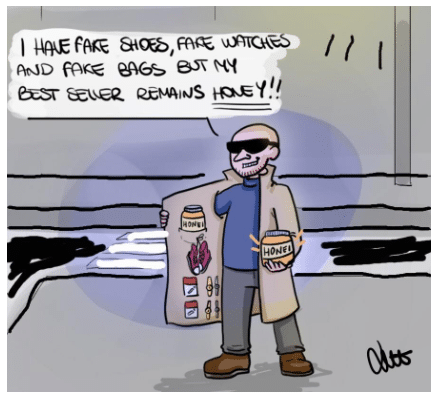
“When will consumers finally know what’s really on their spoon? To make this happen, three matters should be resolved at EU level as a priority. Firstly, better labelling of honey blends with an obligation to mention the respective countries of origin with percentage shares in descending order. Secondly, the European Union must update the official methods available to national control authorities for the detection of honey fraud and establish a community reference centre to continuously improve these methods. Lastly, Member States must reinforce controls and systematically check imported honey batches based on those improved methods combined with proof of traceability from hive to pot.” added Etienne Bruneau, Vice-Chair of the Working Party.
EU decision makers must act now to avoid the wrecking of the profession, which could lead to a substantial decline of honeybees on the continent. Copa and Cogeca call on DG AGRI for an in-depth revision of the EU Honey Directive in the coming months.
Artigo publicado originalmente em Copa Cogeca.

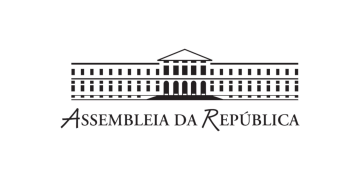

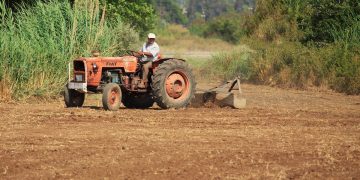















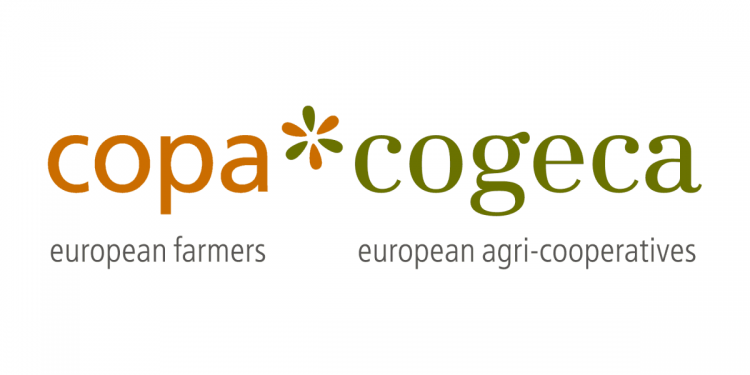
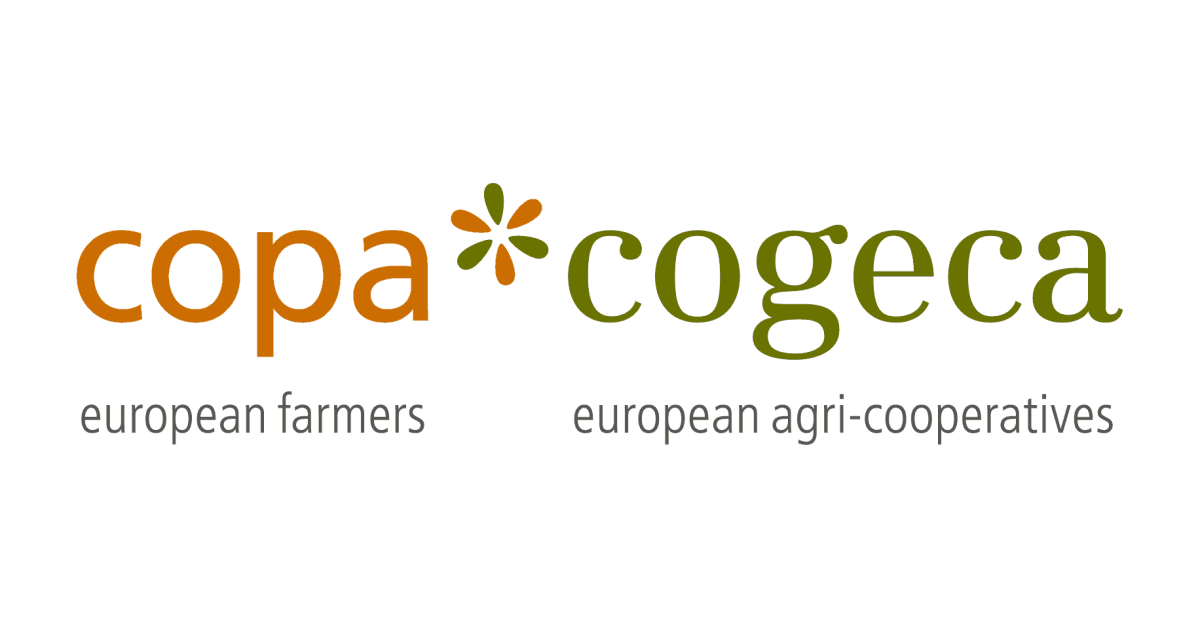
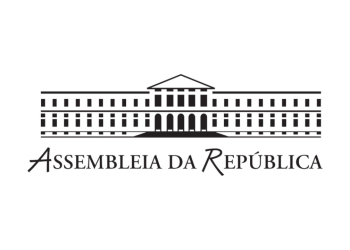

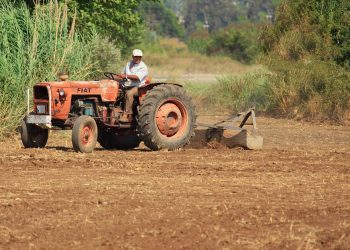






























Discussão sobre este post